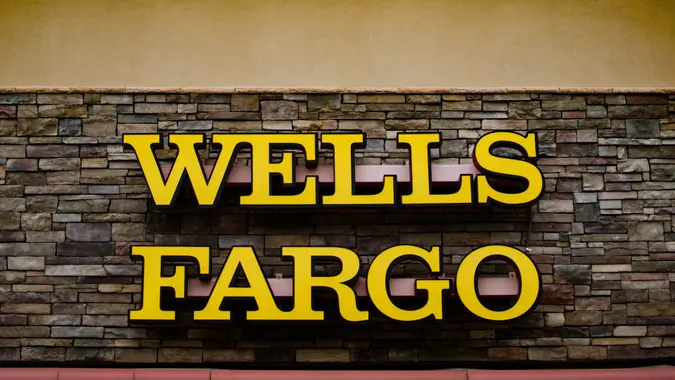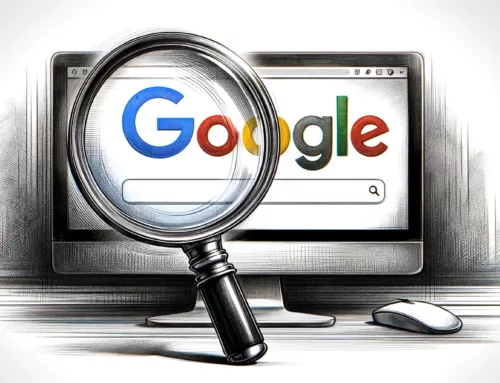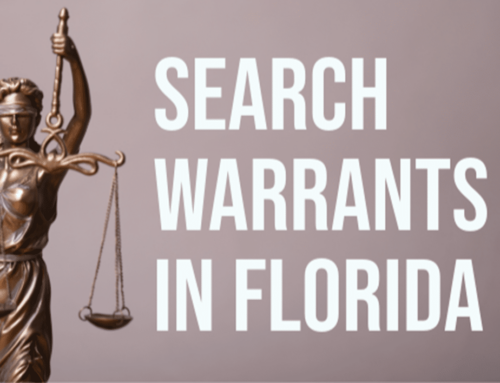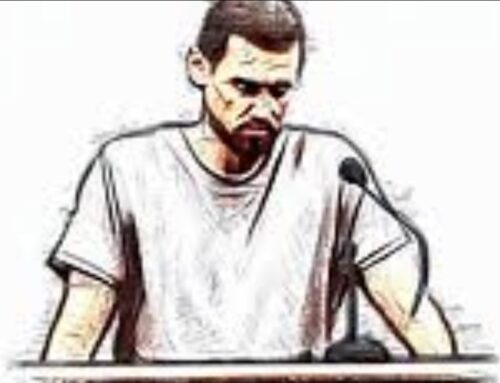Unequal Justice: Wells Fargo and the Double Standard of Corporate Crime
As a criminal defense attorney, I’m deeply troubled by the disparity between the sentences given to ordinary citizens accused of theft crimes and the meager punishments for executives overseeing massive corporate frauds. The recent Wells Fargo fake accounts scandal sentencing of executive Carrie Tolstedt is a case in point. She only received probation and home confinement despite playing a central role in a fraudulent scheme that saw millions of unauthorized customer accounts opened to meet aggressive sales goals.
Contrast this with anyone convicted of a single count of aggravated identity theft. Such individuals face a two-year mandatory minimum prison sentence that must be served consecutively to any other counts. The gravity of this discrepancy becomes even starker when one considers that Wells Fargo, under the leadership of executives like Tolstedt, committed what can be equated to aggravated identity theft millions of times over.
Every year, thousands are prosecuted and incarcerated for identity theft. The consequences for them are stringent and life-altering. Yet, the repercussions are meager for corporate behemoths like Wells Fargo, which committed fraud on a massive scale. While the bank paid fines, its leading executives, the true decision-makers, were largely untouched by the law. Tolstedt was the sole executive to face criminal charges, and even she won’t see the inside of a prison cell.
Both individual identity theft and the Wells Fargo scandal revolve around the unauthorized and malicious use of personal information. Why does one offender face years behind bars while another, protected by the trappings of corporate power, escapes with a mere admonishment?
As a defense lawyer, I know the primary duty of justice should be the blind, objective application of the law. But cases like Tolstedt’s and the broader handling of the Wells Fargo scandal set a dangerous precedent. It implies that one can effectively sidestep accountability for even the gravest of corporate wrongdoings with sufficient influence and affluence.
The 2008 financial crisis serves as another poignant reminder of this disparity. Millions lost their homes and livelihoods, yet only a single banker faced imprisonment.
Such outcomes erode public trust in our justice system. They paint a bleak picture where outcomes are more influenced by wealth and status than objective legal standards. Its message is clear: corporate titans can commit fraud on an industrial scale and face minimal consequences.
For a justice system that seeks to be truly equitable, the weight of the law must bear down uniformly, without favor or bias. Given their vast influence, corporate executives should be held to at least the same standards as the everyday citizen, if not higher.
To let grand-scale corporate malfeasance go largely unpunished isn’t merely a failure to the direct victims; it’s a profound betrayal of societal trust. Equal justice under the law should be more than an empty slogan.









